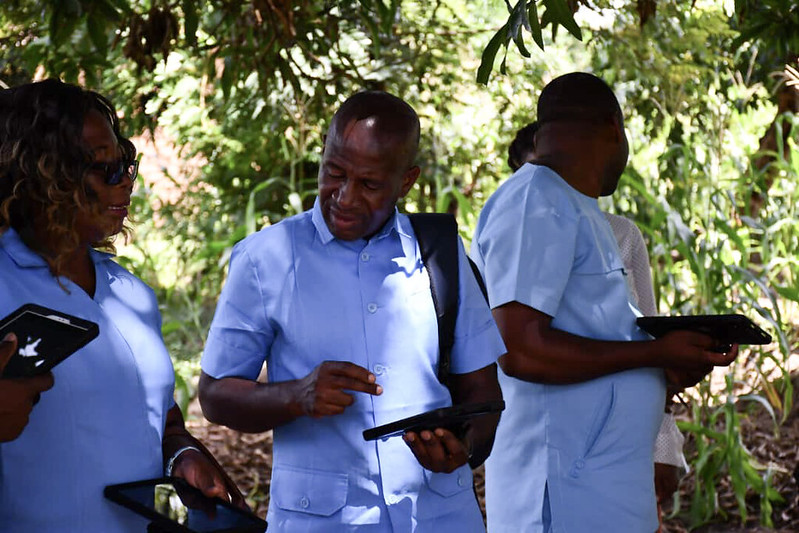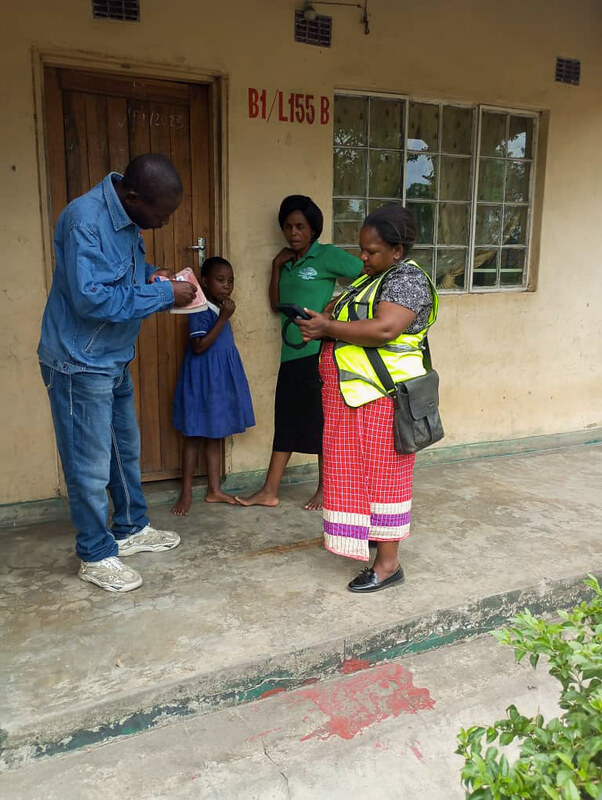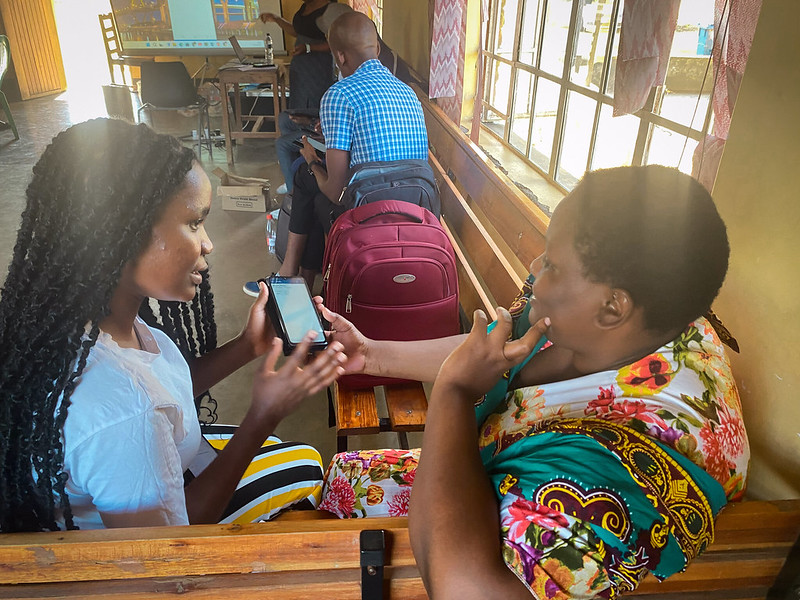HIV doesn’t pause when the funding disappears. Neither does our commitment to fighting it. With nearly 10% of adults aged 15 to 49 affected by HIV in Malawi, long-term, continuous care and support are critical. For years, Malawi’s community health workers have been the backbone of HIV care as they provide testing, diagnostics and treatment support to those who need it most.
The recent disruptions to USAID-supported programs, including the suspension, termination and now eventual reinstatement of some selected HIV/AIDS grants, have left significant gaps in human resources and services, jeopardizing access to essential health services. When HIV care is interrupted, the risk of transmission increases as viral load can rise to dangerous levels and individuals become more vulnerable to other illnesses. Complete care is essential, as patients rely on clear, step-by-step progress across their HIV care journeys, from diagnosis to sustained viral suppression. While the government is working to find sustainable solutions within its current budget constraints, the absence of a clear long-term plan continues to cast uncertainty on the future of these services.
Our Reach and Results in Malawi
Since 2010, D-tree has worked to strengthen Malawi’s health system and to improve HIV care in particular. Together with national partners, we develop context-appropriate, scalable digital innovations to improve service delivery and the flow of essential data on coverage, health worker performance and the quality of HIV services.
Specifically, D-tree has contributed to comprehensive, digitally enabled HIV service delivery by developing and launching a cutting-edge digital tool in nine health facilities to sustain epidemic control by improving the quality of care and reducing loss to follow-up of antiretroviral therapy clients. In 2024, health workers under this program conducted nearly 18,000 health visits for more than 10,000 people, ensuring HIV-positive mothers remained healthy and their children received the care needed for HIV-free futures.
In recent years, D-tree has also bolstered the nationwide expansion of iCHIS, the national digital health platform that guides community health workers to deliver quality, integrated care and facilitate timely patient referrals and follow-up, and only last year, we expanded iCHIS to support family planning and maternal and child health services. We registered 200,000 new clients into the system and enabled over 350 health workers to provide timely, informed and life-changing support.
A Way Forward: Investing in Integrated Solutions
The ongoing USAID funding crisis has led to the suspension of key HIV programs, disrupting progress toward national HIV goals. Despite this, government health workers have continued using iCHIS to deliver essential maternal and child health services, underscoring its role as a reliable and sustainable community platform. Because iCHIS currently lacks an HIV module, this moment presents a critical opportunity to expand the system to include integrated HIV service delivery. Doing so would help ensure continuity of care regardless of donor funding, while supporting national efforts to meet the 95-95-95 targets through a more resilient and holistic community health approach
To move forward, we must:
- Invest in digital tools like iCHIS to strengthen HIV services within the existing community health frameworks and support integrated care.
- Seamlessly integrate HIV services into the broader community health system to ensure more coordinated and efficient delivery.
- Ensure continuous care for HIV patients by connecting community and facility services—from diagnosis to treatment to long-term follow-up.
We cannot afford to lose ground in this battle. Now is the time to strengthen existing systems, invest in our frontline workers and use technology to keep HIV care within reach for the people who need it most. Get in touch on joinus@d-tree.org if you are interested in exploring ways to work together to improve care for all in Malawi.




